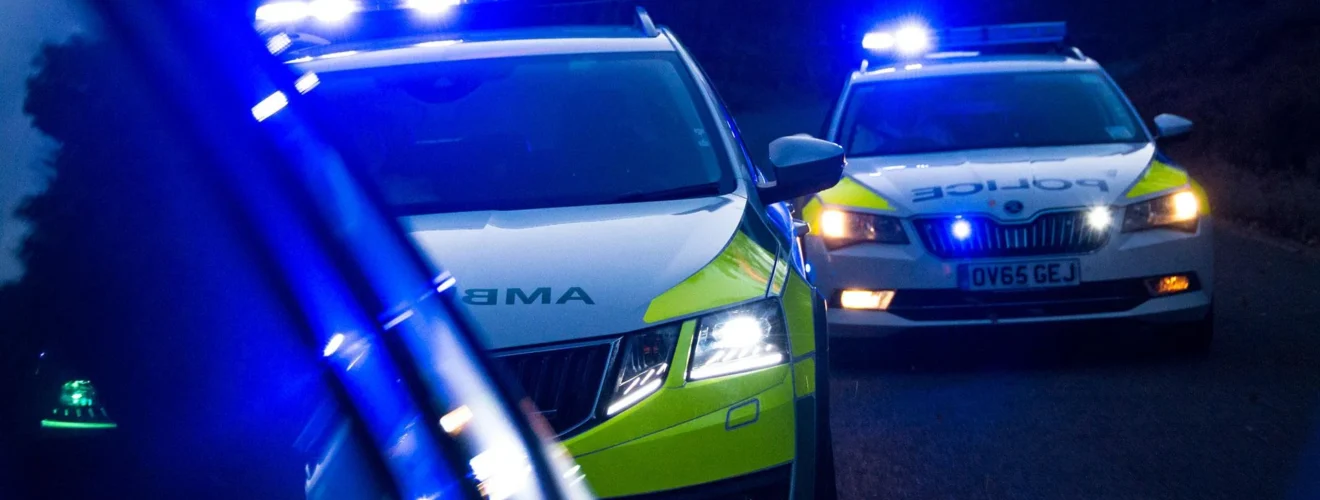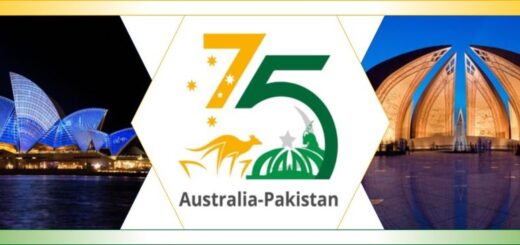UK Police – Comprehensive Overview

Policing in the United Kingdom (UK) is characterized by a rich history, a commitment to community safety, and a model that emphasizes the principle of policing by consent. The law enforcement landscape in the UK is diverse, encompassing various agencies with distinct roles and responsibilities. This article provides a comprehensive overview of policing in the UK, exploring its structure, functions, and the principles that underpin this vital public service.
Structure of UK Police
Home Office Police Forces
The majority of policing in the UK is conducted by territorial police forces, each responsible for a specific geographic area. Examples include the Metropolitan Police Service (covering Greater London) and Greater Manchester Police.
Specialist and Non-territorial Forces
Alongside territorial forces, there are specialized agencies such as the British Transport Police and the Civil Nuclear Constabulary. Non-territorial agencies focus on specific sectors, such as transportation or critical infrastructure.
Devolved Policing
In Scotland, policing is a devolved matter, and Police Scotland is the national police service.
Northern Ireland has the Police Service of Northern Ireland (PSNI).
Functions of UK Police
Crime Prevention and Detection
Policing aims to prevent and detect crime, utilizing various strategies from community engagement to technological solutions.
Public Order and Safety
Maintaining public order during events, protests, and emergencies is a crucial function of the police.
Counter-terrorism
Given the global security landscape, UK police actively engage in counter-terrorism efforts, working closely with intelligence agencies.
Community Policing
Policing by consent involves close collaboration with communities to address local concerns and build trust.
Investigation and Prosecution
Police officers conduct investigations, gather evidence, and work with prosecutors to bring cases to court.
Principles and Ethos of UK Police
Policing by Consent
The fundamental principle in the UK is that the police derive their authority from the consent of the public. Officers are seen as citizens in uniform rather than a separate entity.
Accountability and Oversight
Independent bodies, such as the Independent Office for Police Conduct (IOPC), oversee complaints against the police, ensuring accountability.
Use of Force
The use of force is guided by strict protocols, emphasizing proportionality and the preservation of life.
Human Rights
Policing in the UK is conducted within the framework of human rights, respecting individuals’ rights and freedoms.
Community Engagement
Building strong relationships with communities is central to effective policing, fostering cooperation and understanding.
Challenges and Innovations
Technological Advancements
The police harness technology for crime prevention, detection, and improved efficiency, including the use of body-worn cameras and data analytics.
Community Relations
Building and maintaining trust with diverse communities is an ongoing challenge, requiring innovative approaches to community engagement.
Budgetary Constraints
Police forces face budgetary challenges, necessitating efficiency measures and strategic resource allocation.
Counter-terrorism Measures
Balancing counter-terrorism efforts with individual freedoms is an ongoing challenge, requiring a nuanced approach.
Conclusion
Policing in the United Kingdom reflects a commitment to democratic values, community collaboration, and the protection of individual rights. The multi-faceted structure accommodates diverse needs, from local crime prevention to national security. As the landscape evolves, the UK police continue to navigate challenges and embrace innovations to uphold their core mission – serving and protecting the public while maintaining the trust and cooperation of the communities they serve.








